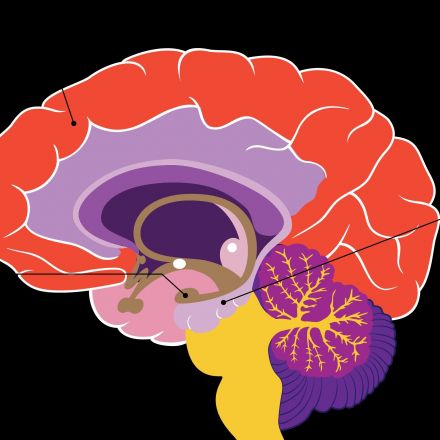LONELINESS AND ADDICTION
-
Loneliness differs from introversion. A lonely person craves a company but fails to get it. Such a person doesn’t feel connected with others and may experience a lack of purpose and dissatisfaction in life. Some find comfort in alcohol or drugs. Sharing thoughts and emotions with someone who can give a good piece of advice is useful in such situations. Drug question hotline https://addictionresource.com/addiction-and-rehab-hotlines/ can help you find the answers to what worries you. People become lonely for many reasons. Shyness and poor socializing skills prevent individuals from connecting with others. The situation can be really challenging when a person is moving to a new living place and has to make new friends, or retires and spends much time at home alone. Physical disability or health problems also can be a reason for isolation.
SUBSTANCE ABUSE AS A RESPONSE TO LONELINESS
When people start drinking alcohol or taking drugs it can seem the best remedy. When they are high or tipsy, they have the courage to visit places like bars and clubs and communicate with others. Even if people stay at home, substance abuse can make them feel much better about themselves and forget about their loneliness, at least for some time. But while alcohol or drugs may help to deal with loneliness at first, they start to take their toll quite fast. The user develops tolerance, and, as a result, needs to use increasing amounts of a substance to obtain the desired effect. Regular substance abuse causes problems in different spheres of life. People who find these chemicals helpful in socializing soon understand that they also “help” to lose friends just as quickly. Even extraverts who have many friends start to notice that many of them avoid them.
In this regard, loneliness and addiction are like the chicken and the egg. No one can say for sure which condition is the cause and which is the effect. One thing is clear - substance abuse is not a solution to loneliness. Often, people just get another serious problem to deal with. They keep drinking alcoholic beverages, smoking weed, or snorted cocaine, not for the initial reason but to satisfy the cravings. People who struggle with addiction often don’t know where to seek help. Fortunately, such services as drug information hotlines exist. Consultants provide guidance and support to those who need it. They also give rehab numbers.WHAT DOES SCIENCE SAY?
In 2015, Johann Hari, a journalist, and an author of the two “New York Times” best-sellers delivered a talk at a TED conference. It was called “Everything You Think You Know About Addiction is Wrong”. Hari shared revolutionary insights on the causes of addiction based on the Vietnam War veterans’ experience and a study conducted by Bruce Alexander. He claimed that a person's environment contributes to developing an addiction even more than the addictive properties of the substances themselves. The mentioned study on rats showed that rodents who were isolated and lonely frequently overdosed on heroin while those that lived in a stimulating environment with food and toys rarely used the drug. This experiment leads us to suggest that loneliness and isolation may play a more important role in substance abuse and addiction than the effects and addictive potential. Supposing this statement is right, it emphasizes the necessity of mitigating loneliness during periods of sobriety.
WAYS TO OVERCOME THE EFFECTS OF LONELINESS IN RECOVERY
- Overcoming loneliness is vital for recovery as it is one of the most common triggers for addicts. So, if you’ve entered into addiction rehab, talk to your therapist about this problem. You’ll learn how to create healthy relationships that can have a meaningful impact on your life. Here are other helpful tips that may help you avoid loneliness in a rehab:
- Develop a reliable support network. If your rehab offers family therapy, participate in it. You’ll make amends to the relationship with your closest people. The therapy will teach you all to understand each other better.
- Don’t miss therapy sessions and other scheduled activities on your treatment schedule. It’s your possibility to communicate with people.
- Take up classes that will put you in contact with other clients and help you find new interests and passions.
- Pray or practice mindfulness meditation to understand the difference between loneliness and solitude. If you are in an outpatient program and spend some time at home, you may use the following tips:
- Pick up the phone. If you are sick and tired of feeling lonely, the best thing to do is to chat with someone. Call a friend or a family member. If they are too busy to talk and you feel a strong craving to drink or take some drug, then dial an addiction hotline number. It’s free and accessible 24 hours a day. So, any time you need support, use a national drug abuse hotline.
- Exercising and artistic activities like dancing, painting, or writing, are proven to lift the mood. Check whether it wil1.
-






























Join the Discussion